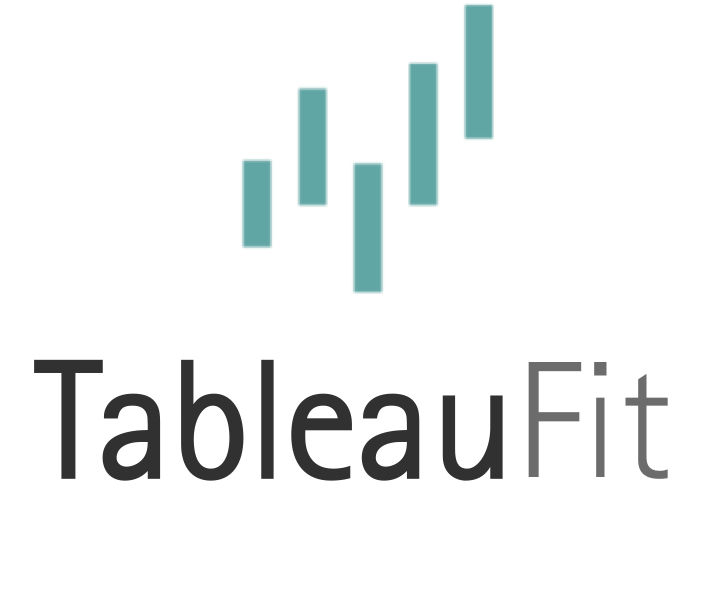On Solidarity
Today (March 9) would have been Kelly’s 59th birthday. Normally, I’d have sent some zombie quip to her by now. I tend to celebrate the day after, which is when I visited. If you want, have a Dilly bar.
I wasn’t planning on writing a post for the above reason. I wanted a quiet day with the Dilly bars all to myself.
Except, all over my Twitter stream was everyone’s visual take on SARS-COV2 or COVID-19 or the novel coronavirus. I did not want to write about this illness, as there is too much information out there already. There’s a great Twitter thread on this I won’t replicate here:
Here’s what I will write about and, honestly, it’s fitting on Kelly’s birthday: solidarity.
You see, when we share things on the internet, we affect other human beings, like this one:
Framing matters. If you’re putting a visualization out where another human can read it, consider how you’re communicating. Too often, the internet provides a place where we can yell unencumbered and not think about where the sound waves land. But they do land and often linger somewhere.
Insensitivity is also contagious. It spreads by insult, boils to a communal rage, and spills far beyond any geographic boundary. My inner toddler would love to shout, “Don’t be a turd: protect the herd.” I’m doing my best to refrain. You see, unlike illnesses, few of us have any real immunity to rage.
But, here’s a secret: kindness also spreads. And, it’s the perfect antidote to rage.
Kindness feeds solidarity
When we’re kind, we see others in a new light. We assume the best of someone, not the worst. This can help retrain biases when done right by expanding who we define as one of us. When we know, we care.
Kindness reinvigorates us – it’s surprisingly selfish because it makes us feel good, as well as others. If we’re kind, it helps others also pay it forward. Create enough of a loop and it may accidentally spill back onto you. This is part of why there are debates if true altruism exists. Today, I’ll argue for it, because of Kelly. Again, have a Dilly bar in her honor and do something silly today.
Looking to reduce some stress? Kindness also lowers stress levels. Lower stress levels can sometimes even help immunity. (I’m not a doctor, but I have played one on low budget training videos. Still not qualified and there’s loads of caveats to this statement, particularly when people are immunosuppressed – do not health-harass these folks. They have doctors and family for that.) When we’re less stressed, we make better decisions. As analysts, we love that.
Kindness also makes the world a hair easier. Humans survive best in groups. We need each other, perhaps more than we realize.
The Real Prescription: Solidarity
Kelly studied anthropology, sociology and demography. If you want to understand one thing about people, it’s that we need the group. We survive best in numbers and when others care about us. When we work together and consider the group, we do better. When we’re selfish and terrible, it affects the whole group.
We see this play out in studies. Even babies recognize terrible and unjust behavior and react accordingly. We are built for fairness. Solidarity is all of us standing together to ensure fairness plays out for all of us. Which means we have to listen to others, even when their reality is not ours. In relation to SARS-COV2 / COVID19, this means recognizing users of all immunity levels will see your viz. What are you telling them? Moreover, what AREN’T you telling people?
We can choose to add more noise to the cycle of information that’s out there. Sometimes helping is actually hindering – in this case by adding more fuel to the flame of facts to sift through. It’s not a lack if information, but a lack of clarity and compassion. For example, if you don’t know the name of the illness (versus the disease), consider pausing. As usual, I’ll strongly encourage you to put disclaimers up if you absolutely must put this out there and consider how this information will age and how your end users will interpret it. Here’s an example of one such disclaimer.
If something must catch and fuel rage, I hope it’s this: don’t be a turd: protect the herd and flatten the curve. We have people who need us now more than ever. Let’s #RageKindness and ensure we’re watching our messaging, because someone you know will be affected, some far more profoundly than others. If we can, let’s amplify the facts that someone is committed to updating hourly, so we don’t litter the internet with crap information. We have a public duty to the facts, but more importantly, to each other.
Here’s what outlasts any viz: you never forget the way a person makes you feel. I hope you find someone comfortable that shares the ice cream, that gets you to laugh about zombies, and finds movies you’ll watch twice in a row because they’re that funny.
Happy Birthday. And remember zombies like slow food, not fast food.
